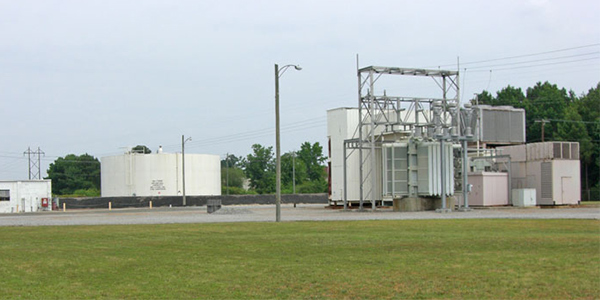PJM intends to unilaterally file a proposal with FERC regarding the contentious black start unit testing issue, without the endorsed of the Members Committee.
In a letter issued Monday, PJM CEO Manu Asthana said the RTO will file the proposal, sponsored by the PJM Industrial Customer Coalition and Exelon, “with the recognition” that it failed to reach the necessary 66% sector-weighted threshold for endorsement at the MC on March 29. The proposal — aimed at addressing black start unit involuntary termination, substitution rules, capital recovery factor (CRF) and minimum tank suction level — received a vote of 3.17 (63.4%). (See Black Start Fails in Final PJM MC Vote.)
Asthana was responding to a separate letter sent to the PJM Board of Managers on March 31 by Old Dominion Electric Cooperative and American Municipal Power. The groups said they supported aspects of the proposal that provide reliability improvements to black start service.
“Stakeholders across the spectrum concurred with your perspective that the reliability aspects of the proposal were improvements and should be approved,” Asthana said in his letter.
ODEC and AMP ultimately voted against the proposal at the MC meeting because, they said, of its treatment of capital recovery factors (CRFs) is “unduly discriminatory.”
The CRF issue was the most disputed in discussions throughout the stakeholder process, as members voted to amend the issue charge at the December Operating Committee meeting to align with language in the problem statement after it was discovered the two documents did not match, leading to heated debates. (See Vote on PJM Black Start Compensation Deferred.)
Independent Market Monitor Joe Bowring said the CRF table was originally created in 2007 and included incorrect assumptions. Stakeholders argued the CRF values are higher than they should be under the lower corporate tax rate under the 2017 federal tax law, leading to overcompensation for black start units.
Black start unit owners and other stakeholders asserted that any changes to the CRF table should only be applied prospectively and any rates currently in place should remain changed.
Asthana said PJM and the board was conscious of the “controversy” of the proposal “regarding the application of the new rules to units that had previously received a black start commitment.”
There was “significant” discussion among members regarding the application of the new rate and commitment period to the existing black start resources in the stakeholder process, Asthana said, with many black start service providers asserting that they had “relied upon the existing CRF rate in making their investment decisions and that there was insufficient indication that the CRF would change and under what circumstances.”
“PJM was persuaded by the arguments advanced by the black start service providers that the new rate should be applied only to the new black start units but understands that it is important to get these issues before FERC for resolution,” Asthana said in his letter.
At Tuesday’s Planning Committee meeting, Mike Bryson, PJM’s senior vice president of operations, said the RTO will submit the proposal to FERC this week.





